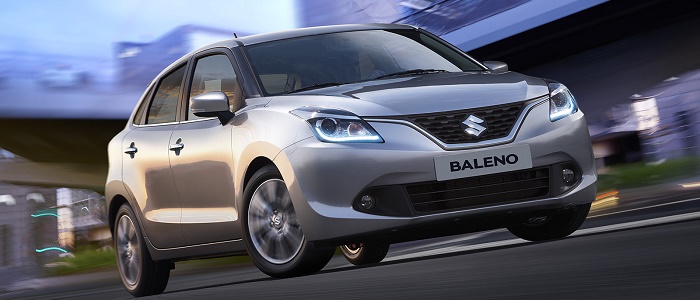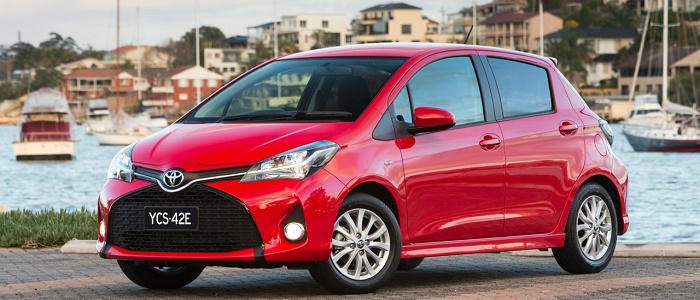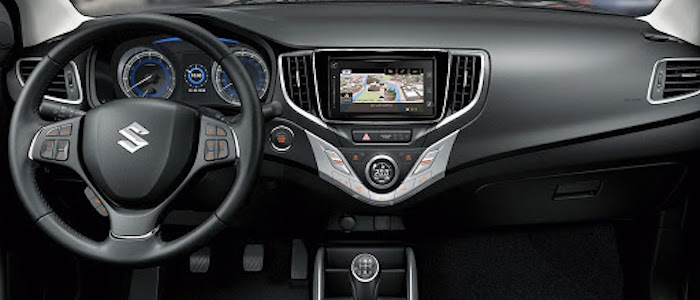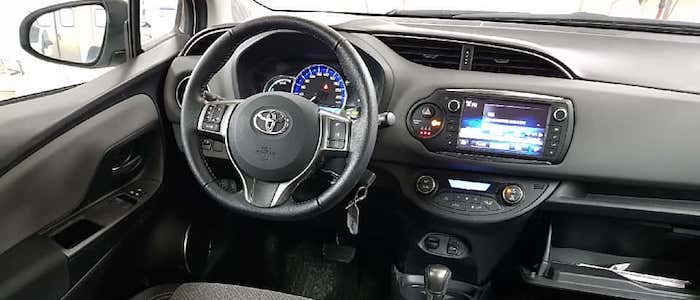Compare two cars
Compare any two cars and get our Virtual Adviser™ opinion
Dimensons & Outlines
Check vehicle history
Engine
Performance (manual gearbox)
Performance (automatic gearbox)
Expenses
Virtual Adviser's™ opinion
Well, these are two pretty similar cars we have here! It's only details that could potentially make the difference. Considering they both belong to the city car segment and utilize the same 5-door hatchback body style and the front wheel drive system, it all comes up to the specific petrol engine choice they offer. The first one has a Suzuki-engineered powertrain under the hood, a 4-cylinder, 16-valves 90hp unit, while the other one gets its power and torque from a 4-cylinder, 16-valves 98hp engine designed by Toyota.
SafetyA starting point here would be to take a look at the results from European New Car Assessment Programme (Euro NCAP) tests which were performed on both of the cars, with the Toyota being a slightly better choice apparently. Moving further on, let's take a closer look at some additional safety-related facts. Both vehicles belong to the city car segment, which is generally not a very good thing safety-wise, still it doesn't help us solve our dilemma, does it? On the other hand, when it comes to weight, a factor that most people underestimate, Yaris offers a considerable difference of 16% more metal.
ReliabilityReliability is not the best thing to consider on the make level, but it is worth mentioning that Suzuki does have a slight advantage, at least on all of the models level. These are the official statistics, while our visitors describe reliability of Suzuki, as well as Toyota, with the same average rating of 4.6 out of 5. The same official information place Baleno as average reliability-wise, and Yaris is more or less at the same level.We should definitely mention that owners of cars with the same powertrain as Baleno rank it on average as 4.9, while the one under the competitor's bonnet gets 4.6 out of 5.
Performance & Fuel economyToyota is a bit more agile, reaching 100km/h in 0.6 seconds less than its competitor. Still, it lacks the power to win the top speed competition, topping at 175 kilometers per hour, 5km/h less than the other car. When it comes to fuel economy things look pretty much the same for both cars, averaging around 4.6 liters of fuel per 100 kilometers (62 mpg), in combined cycle.
Verdict
Suzuki appears just a bit more reliable, although the difference is truly marginal. The most important thing when deciding between any two vehicles should always be safety, both passive and active. In my opinion, everything taken into account, Yaris beats the other contender by far, making it the best choice without even considering other things. When it comes to performance, both vehicles provide similar experience, so I wouldn't point any of them out. Baleno still consumps less fuel, which needs to be taken into consideration. No mistake, whatever you decide here, but I'd still go for the Toyota. Anyway, that's the most objective conclusion I could've came up with and it's based solely on the information found on this website. Aspects such as design, practicality, brand value and driving experience are there for you to measure them out. I suggest you spend two more minutes in order to find out which car, based on your needs and budget, would be picked by the virtual adviser™, among thousands of similar, yet so different vehicles.
































